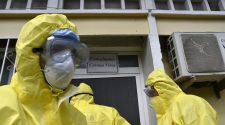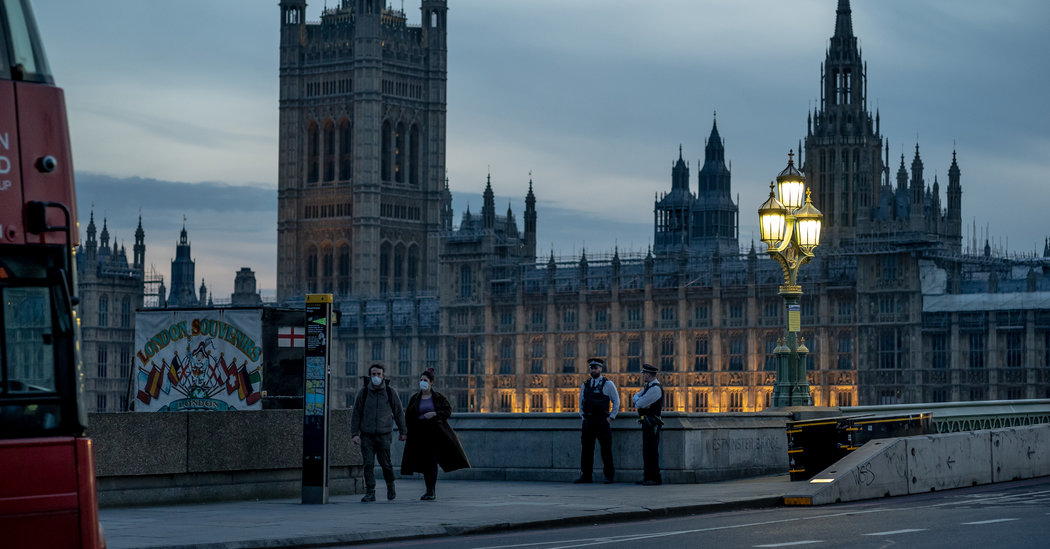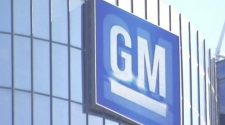“You can’t lift the lockdown as long as you are not testing massively,” said Nicolas Locker, a professor of virology at the University of Surrey. “As long as the government is not testing in the community, we are going to be on lockdown.”
The gamble on the Chinese antibody tests, though, is also a barometer of the desperation British officials felt as public pressure has mounted over their slow response to the virus. One prominent expert, Jeremy Farrar, the head of the Wellcome Trust, a British nonprofit that is a major funder of medical research, recently warned that “the U.K. is likely to be certainly one of the worst, if not the worst affected, country in Europe.”
Long before the development of an antibody test, Germany, for example, the continent’s leader in containing the virus, began conducting as many as 50,000 diagnostic tests a day to help trace and isolate cases. That rate is now nearly 120,000 a day.
As of Wednesday, Britain was still conducting less than 20,000 diagnostic tests a day. Having missed a previous target of 25,000 diagnostic tests a day by the middle of April, officials are now promising to reach 100,000 a day by the end of the month and as many as 250,000 a day soon after that.
British officials have said that they started out behind because they lack major private testing companies of the sort found in Germany and the United States, which are capable of manufacturing and performing tens of thousands of diagnostic tests.
But by the time Britain began pushing in earnest to expand its capacity, it was also trailing behind most of Europe in the competition to buy up the limited supply of compounds, tubes and even swabs needed for diagnostic tests to determine a current infection with the virus.
So when the Chinese offers of antibody tests arrived, the officials knew that almost every government in the world was hunting for them, too. Nationalists like President Trump were pressuring domestic suppliers not to sell outside their borders. Oil-rich Persian Gulf princes were bidding up prices.

















